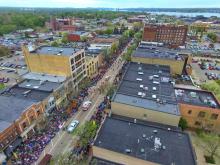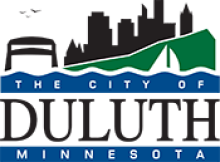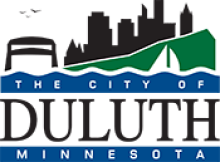
The following commentary comes from Mike Smeltzer, one of the key people responsible for the UC2B network in the Illinois twin cities of Urbana and Champaign. Mike had this comment after a question about how we can elevate local bipartisan conversations from the local level to the state and federal level without getting lost in political bickering. He wrote this and gave us permission to republish it.
The Urbana City Council could be confused for Madison's, while Champaign's Council is far more conservative. I spoke to both of them on a regular basis in the early days of UC2B seeking their support. I learned early on that I could not tell Urbana's Council what they wanted to hear on Monday night, and then change the message to better please Champaign's Council on the next night. Those dedicated public servants watch each other's meetings on the PEG channels.
The only message that rang true with both councils was economic development. That should not come as any surprise, but as we look to elevate the discussion, I believe that we need to personalize that message. Joey Durel does it more eloquently than anyone, but I have heard the same theme from other mayors and elected officials from across the country.
The first time I heard Joey was on a NATOA field trip to Lafayette 4 or 5 years ago. After he served us his home-made gumbo, he told us the bottom line on how a conservative businessman became a leading advocate for Lafayette's fiber broadband system.
Joey saw fiber broadband as his community's best opportunity to create a local business environment that would allow his adult children (and their children) to work and live in Lafayette. There is no greater gift to parents than to be able to participate in the lives of their adult children and grandchildren. Without fiber in Lafayette, Joey was concerned that his kids would have to move away to find jobs after college or high school in order to find rewarding work.
Any parent from any political perspective understands that. I am lucky that both of my daughters live in Champaign. I get to see them and my grandchildren often. Wouldn't it be great if my luck was more generally shared?
On a state level, many states lose population every year. At the current pace, some time later this century, the last person living in Iowa will turn off the lights and leave the cows and corn behind. Creating local opportunities for our kids is a personal issue, a local issue and a state issue for many states.
We can gain support by putting this personal face on economic development.
Image courtesy of Stuart Miles at FreeDigitalPhotos.net







